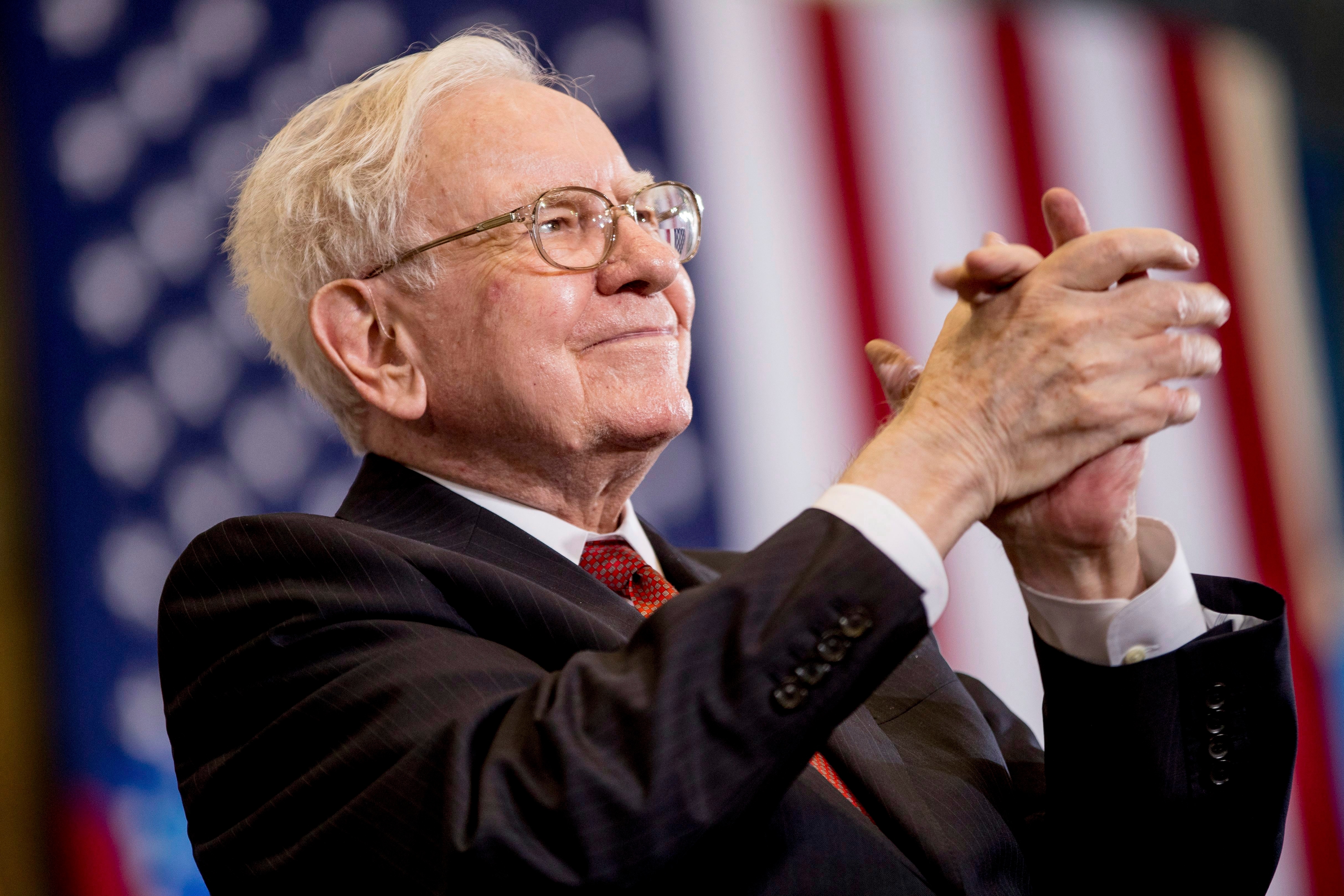Feb 15, 2019
Personal Investor: Warren Buffett’s lesson on market valuations
By Dale Jackson

Billionaire value investor Warren Buffett has loaded up on Suncor Energy Inc. (SU.TO) shares and dumped some Apple Inc. (AAPL.O) shares.
On the surface they’re just a couple of trades, but for students of value investing it speaks volumes on the Oracle of Omaha’s view of equity markets. Buffett’s investment team employs a variety of metrics to determine if a stock is trading below or above its true value, but at the core is the price-to-earnings (PE) ratio.
The share price of just about any stock reflects market expectations for the company to grow profits, or earnings. As the term implies, the PE ratio compares a company’s share price with its earnings by simply dividing the share price by its earnings per share. The PE ratio can be determined using past (or trailing) earnings, or future (also known as forward) earnings.
If the stock is trading low relative to earnings, it’s a signal to buy. If it is trading high relative to earnings, it’s a sell signal.
But if it was that simple we would all be Buffett. The trick is to determine the fair value of a stock based on earnings. Price-to-earnings standards vary based on many factors including sectors and the historic accuracy of a company’s earnings.
Suncor, for example, currently trades at a trailing PE of 22.4 times and a forward PE of 17.9 times. In comparison, Apple trades at a trailing PE of 14.1 times and a forward PE of 14.8 times.
Why would Buffett buy Suncor and sell Apple if Suncor’s PE is higher? It appears he feels Suncor’s future earnings potential is greater.
February is Your Money Month at BNN Bloomberg. For more stories and practical advice on how to employ your money wisely, visit our Personal Finance page.VOTE







